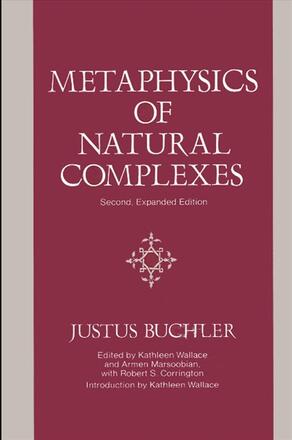
Metaphysics of Natural Complexes
Second, Expanded Edition
Alternative formats available from:
Description
During the past two decades Metaphysics of Natural Complexes has exerted a strong a growing influence on the continuing development of contemporary philosophy. This new and expanded edition acknowledges this influence and brings together much material. Included are the previously published articles "On the Concept of 'the World,'" and "Probing the Idea of Nature," which Buchler wrote subsequent to Metaphysics of Natural Complexes as extensions and completions of the system. Previously unpublished work on the key concept of contour has also been added. In addition there are excerpts from Buchler's replies to his critics, a set of editors' notes to facilitate cross-referencing, and an updated index.
This work presents a bold and forceful metaphysics and general ontology. It provides a systematic framework for understanding the broadest features of the world and nature, and for locating our understanding of human nature, selfhood, and society as complexes in and of nature. Buchler's detailed analysis of identity, ordinality, nature, world, and validation advance our understanding of the basic categories to be used in defining and exploring whatever is. Unlike other contemporary philosophers that confine themselves to narrowly defined problems in hermeneutics or theory of knowledge, Buchler is unrelenting in his drive toward a more encompassing perspective, simultaneously combining interpretive precision with sheer breadth of vision.